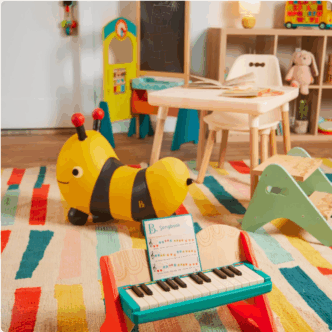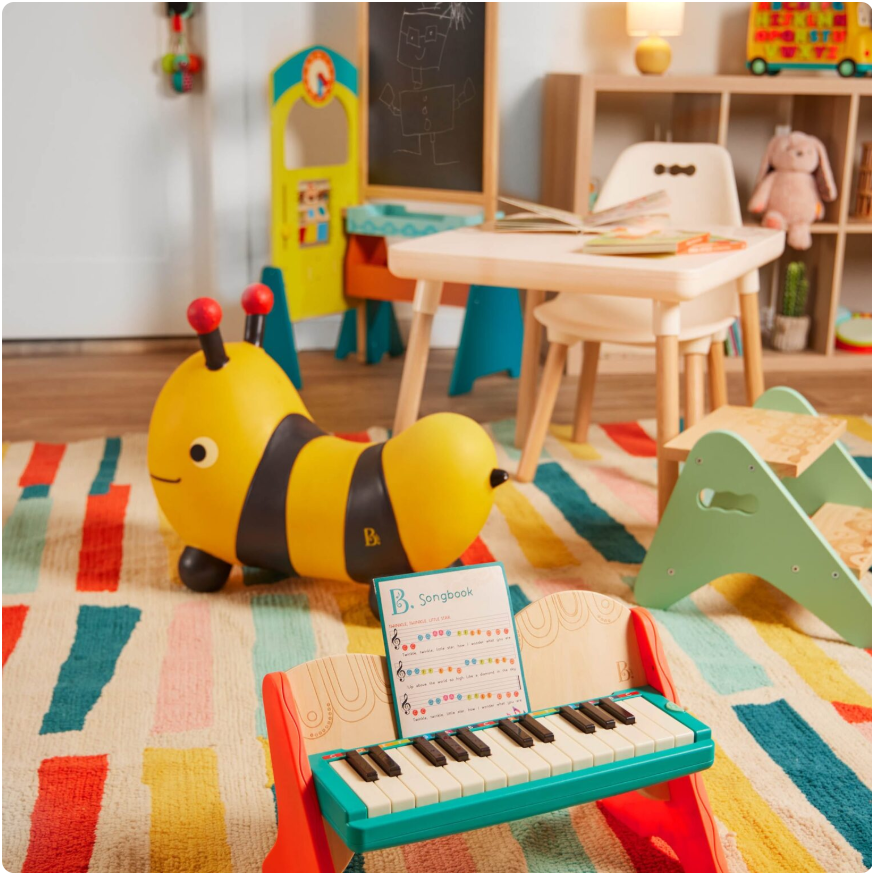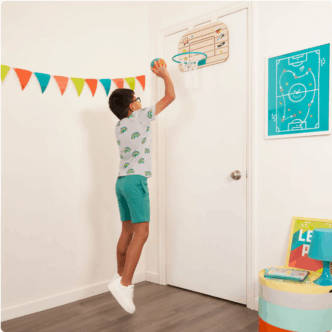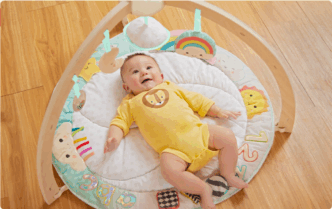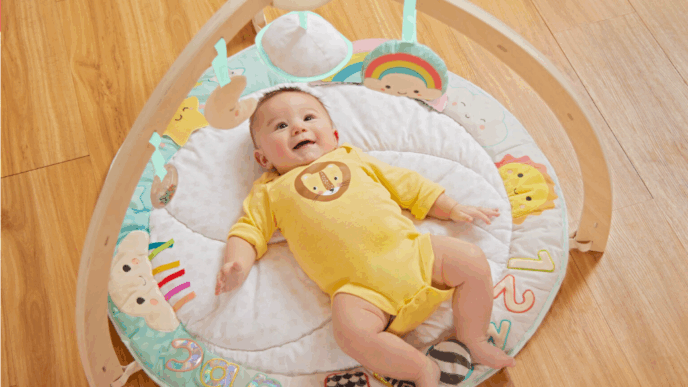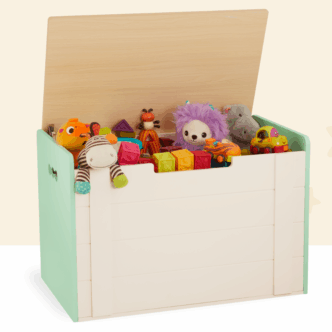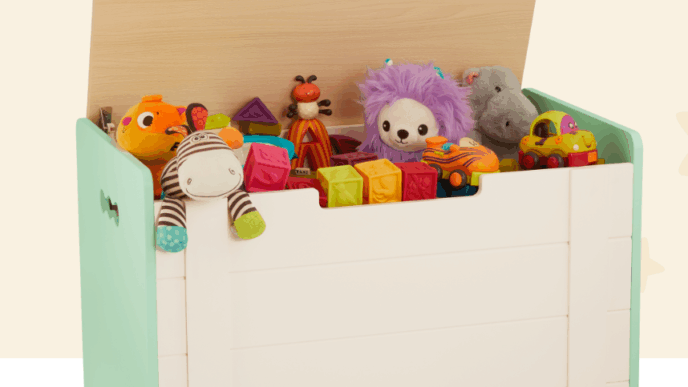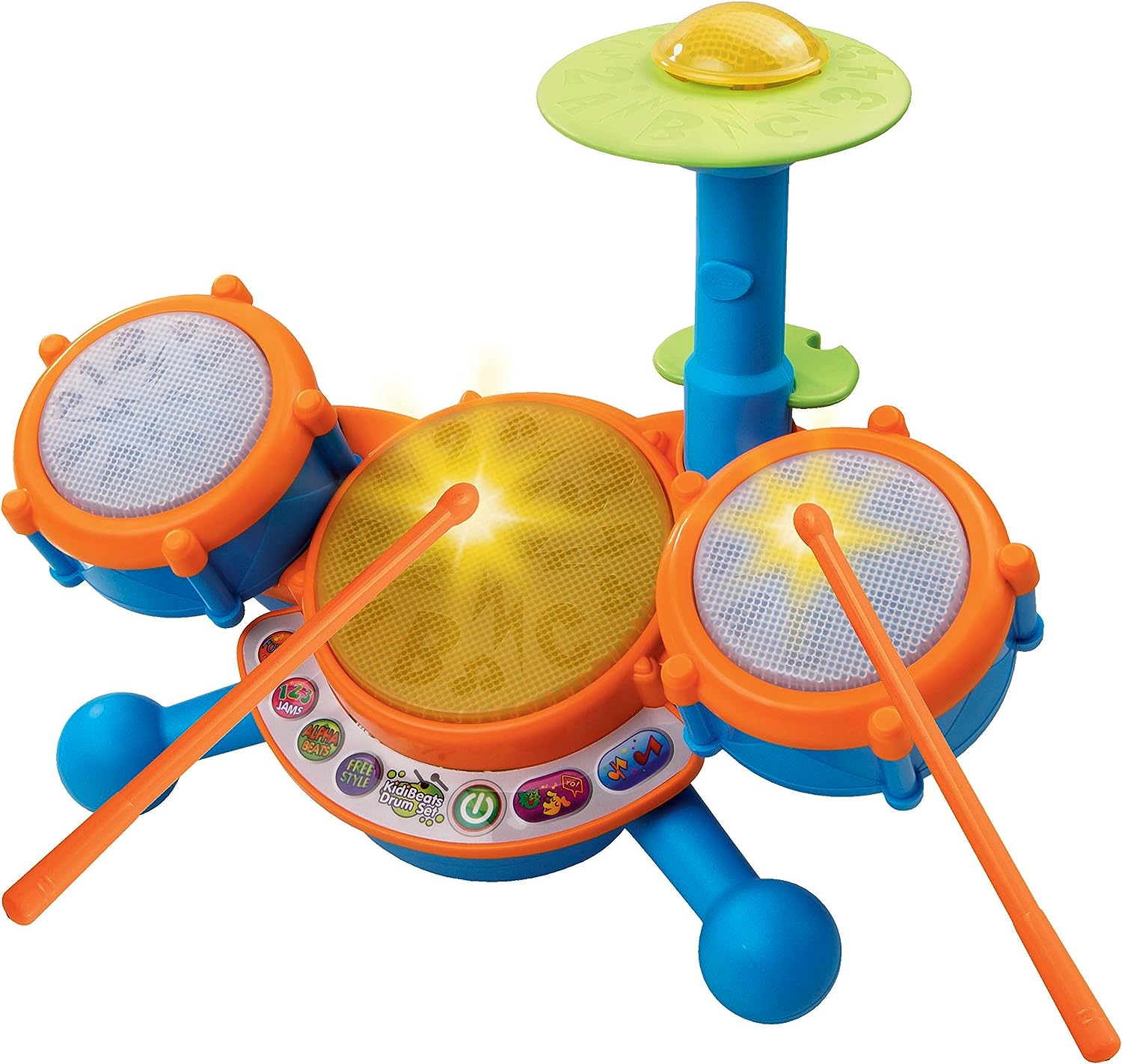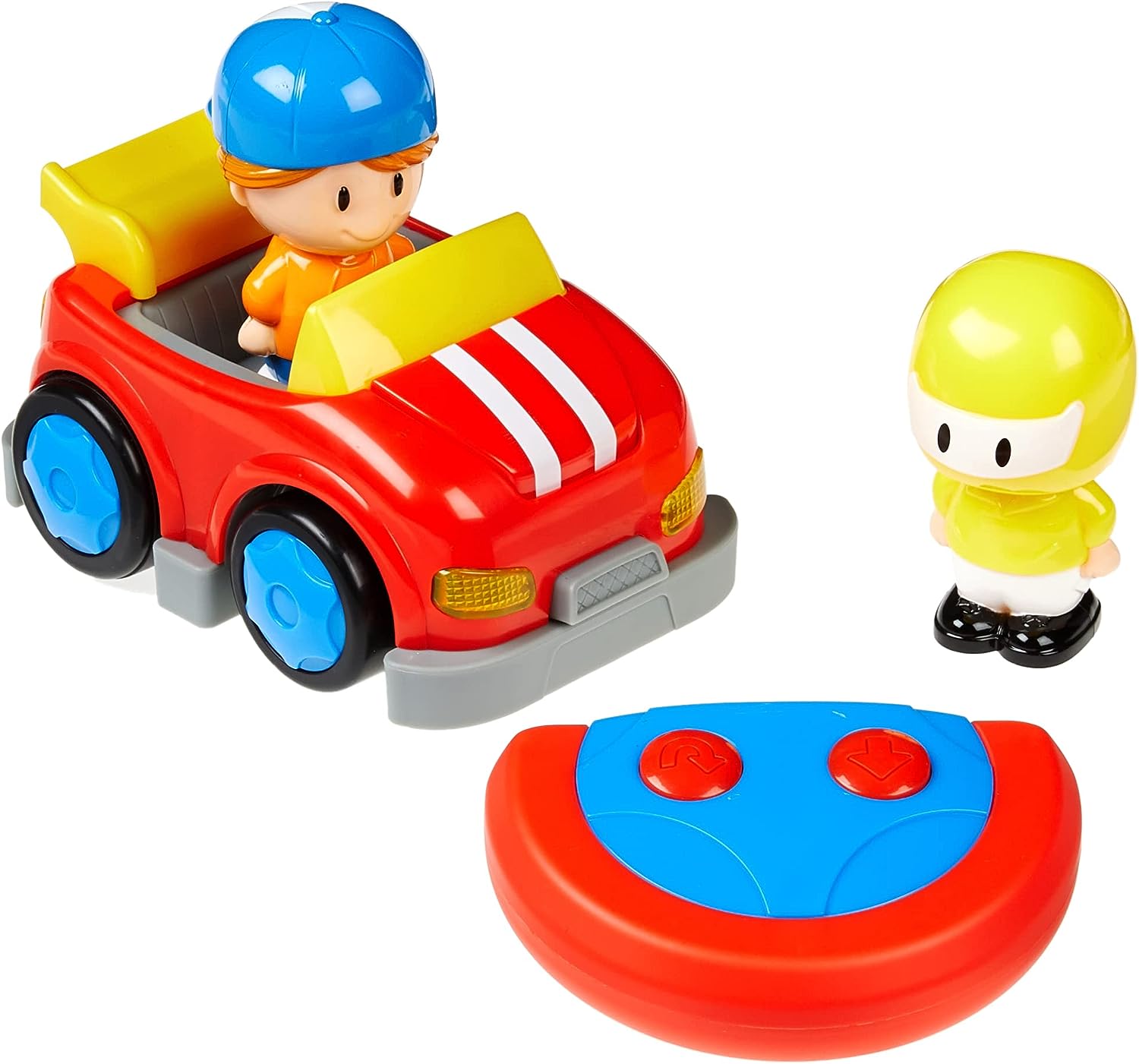In today’s fast-paced world and the dazzling array of screen-based entertainment, children’s childhoods seem increasingly filled with schedules and instructions. While occasionally sitting down to enjoy an animated series is fine, when passive viewing becomes the norm, we may overlook the precious space for children’s imaginations to run wild – unstructured, open-ended play.
What is Unstructured, Open-Ended Play?
Imagine this: children have no set rules for playing with their toys. They direct and act out their own stories, weaving their own rules and narratives. Building blocks are no longer just toys; they become the building blocks of castles, train tracks, and even magic castles; an ordinary rope transforms into a rope bridge for daring adventures. This is the essence of unstructured play – no set rules, no restrictions. It’s a play experience driven by children’s inner creativity.
The Wonderful Value of Unstructured Play
Behind this seemingly chaotic play lies a wealth of opportunities for children’s growth:
- Problem-solving skills: Children develop analytical and adaptable skills by setting up play scenarios and responding to unexpected situations.
- Inspiring Unlimited Creativity and Imagination: Without pre-set limits, children are free to express themselves freely.
- Improving Social Skills: Through role-playing, taking turns, and collaborating, children learn to express themselves, listen, and cooperate.
- Building Self-Confidence: Taking control of the play process gives children a sense of control and accomplishment.
- Strengthening Concentration and Endurance: Maintaining a fantasy world allows children to develop sustained attention spans.
While structured play and parent-led activities have their value, the in-depth experiences provided by unstructured play are undoubtedly richer and more enduring.
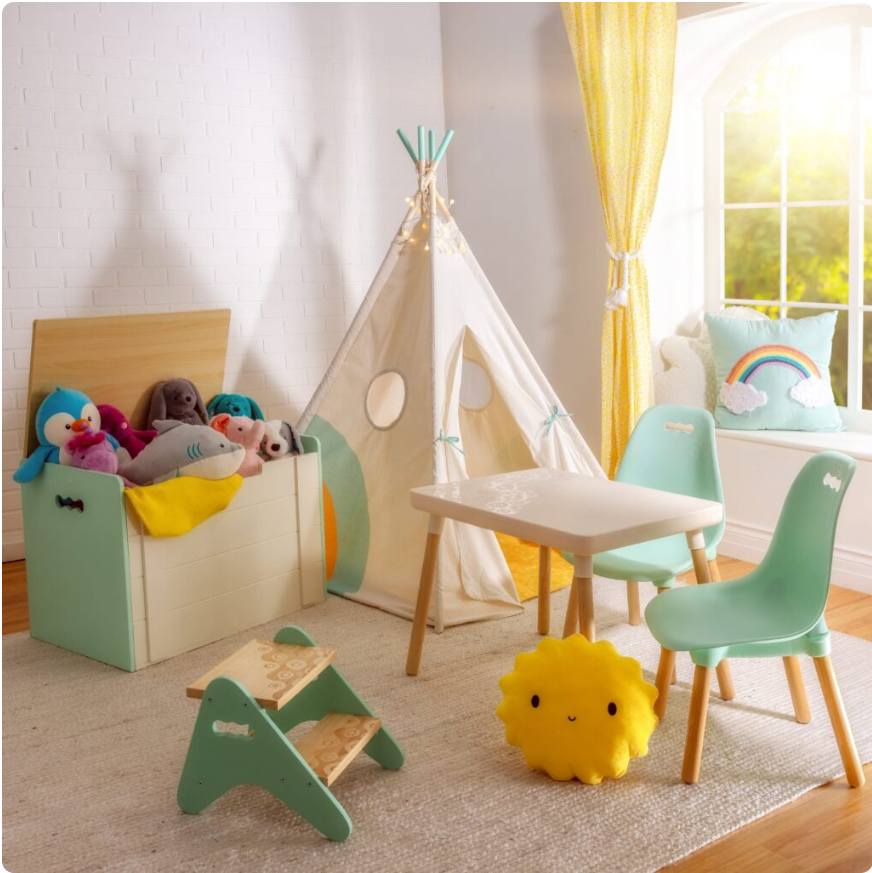
How to Care for Children’s Free Play Time?
In an age of readily accessible screen entertainment, allowing children to enjoy unstructured play requires parents and caregivers to consciously cultivate and maintain it:
- Regularly change toys and play props to spark new ideas. For example, simple materials like old cardboard boxes, tape, and clothing can be repurposed.
- Resist the urge to intervene and become a character in your child’s story, not the director. Respect their agency.
- Allow ample free time and avoid overscheduling, allowing children the opportunity to unleash their creative imaginations.
- Share your own childhood play stories to convey the joy and meaning of play.
Through these efforts, we not only provide children with a platform to run freely but also plant the seeds of creativity, independence, and social skills.
The Ultimate Meaning of Play: Preparing for Life’s Adventures
Unstructured, open-ended play isn’t just fun; it’s a silent rite of passage. It helps children build the confidence and wisdom to face future challenges. Just as fairy tale heroes demonstrate courage and resourcefulness as they embark on uncharted journeys, real-life children are also preparing for their own adventures through the games they write and perform.
When we are willing to slow down, relinquish control, and allow children to “write their own scripts,” their life journeys quietly begin to unfold with the most moving prelude.
